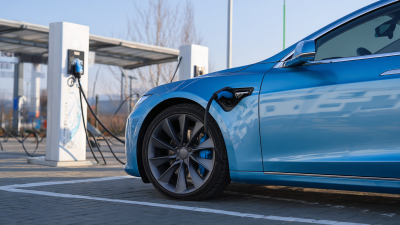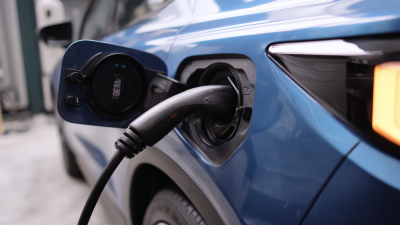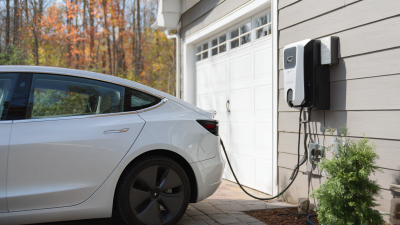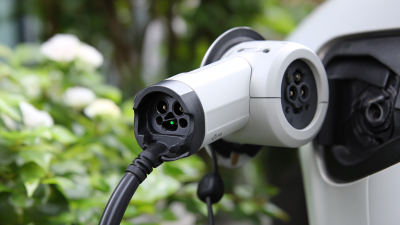Choosing the right EV home charger is a crucial step for every electric vehicle (EV) owner looking to optimize their charging experience. With a multitude of options available in the market today, navigating the various types, features, and specifications can be overwhelming. Understanding your specific needs—such as charging speed, power capacity, and compatibility with your vehicle—can make all the difference in enhancing your EV experience. This guide aims to simplify the selection process, providing insights into the best practices for assessing and choosing EV home chargers.
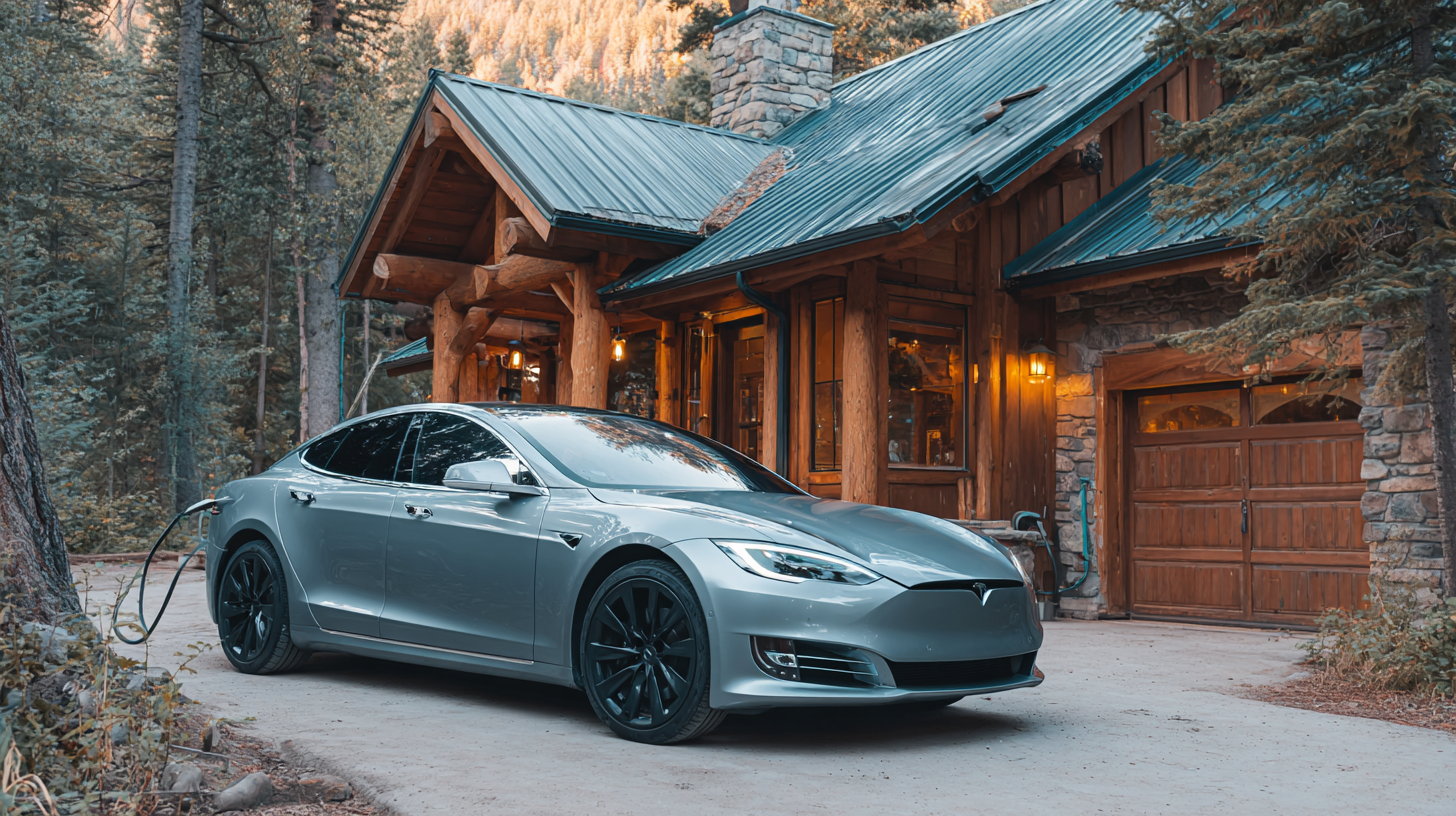
Whether you are a new EV owner or looking to upgrade your current charger, our comprehensive approach will help you make an informed decision that aligns with your lifestyle and driving habits. Join us as we explore the key considerations and recommendations for selecting the perfect EV home charger tailored to your electric vehicle needs.
When it comes to choosing the right home charger for your electric vehicle (EV), understanding your charging needs is crucial. Recent data from the National Energy Administration highlights a significant increase in the charging infrastructure, with a goal of establishing 28 million charging points by the end of 2027 as part of a national initiative to double charging service capacity. This evolution in infrastructure aims to address common concerns surrounding charging accessibility and range anxiety among EV users.
Tips: Before purchasing a charger, consider your daily driving habits. If you primarily drive short distances, a Level 2 charger may suffice, typically offering a full charge overnight. However, for those who often travel longer distances, investing in a Level 3 fast charger could be more beneficial, as it can provide substantial range in a short amount of time.
Furthermore, the charging technology landscape is rapidly evolving, with advancements in various charger types and connectors such as CCS and CHAdeMO. Being informed about these options can help you choose a charger that not only meets your current needs but also accommodates future advancements and increases in charging infrastructure. Both government initiatives and technological developments signify a promising outlook for EV charging solutions in the coming years.
| Charger Type | Charging Speed (kW) | Typical Range Added per Hour | Installation Complexity | Cost Estimate ($) |
|---|---|---|---|---|
| Level 1 (Standard Home Outlet) | 1.4 kW | 3-5 miles | Low | 0-100 |
| Level 2 (Home Charger) | 3.3 kW to 7.2 kW | 10-30 miles | Medium | 500-1500 |
| DC Fast Charger | 24 kW to 350 kW | 60-100 miles | High | 20000-40000 |
| Smart Charger | 3.7 kW to 22 kW | 10-60 miles | Medium to High | 700-3000 |
When choosing an EV home charger, understanding the differences between Level 1 and Level 2 chargers is crucial.
Level 1 chargers typically use a standard 120-volt outlet and are the most basic type of home charging solution. They are ideal for users who have time to spare, such as overnight charging, as they generally deliver around 4 to 5 miles of range per hour. This makes them suitable for plug-in hybrid and low-mileage electric vehicle owners who can rely on longer charging durations.
Conversely, Level 2 chargers operate at 240 volts and provide significantly faster charging speeds, often delivering between 20 to 60 miles of range per hour. This makes them a better choice for full electric vehicle owners or those with higher daily driving needs.
Installing a Level 2 charger may require additional electrical work, but the investment pays off in convenience and reduced charging time. Understanding these options allows EV owners to select the charger that best fits their lifestyle and driving patterns.
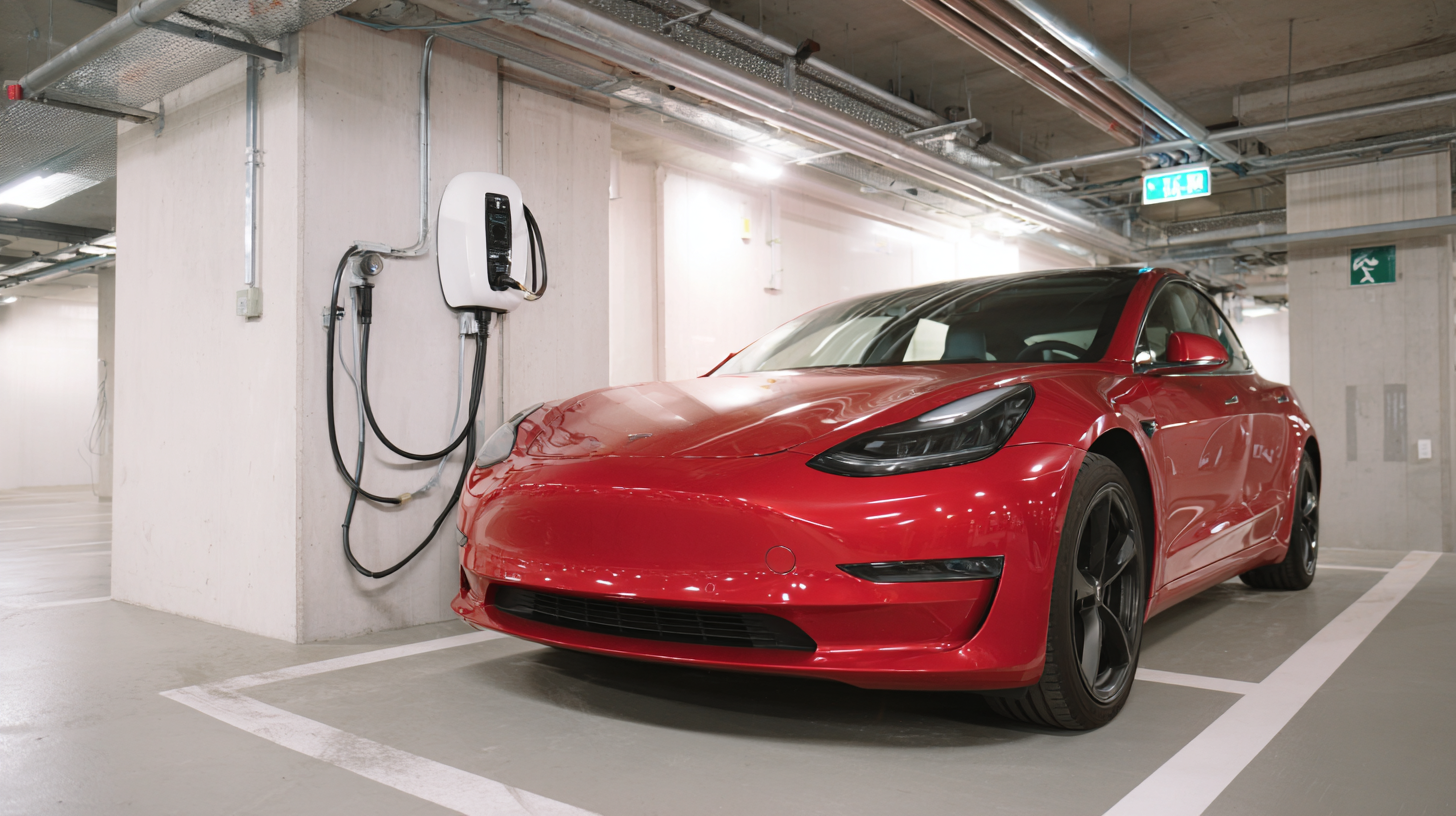 When selecting an EV home charger, it's essential to focus on several key features that will enhance your charging experience. First, consider the charging speed, which is often measured in kilowatts (kW).
Level 2 chargers, typically ranging from 3.3 kW to 22 kW, provide faster charging times compared to standard Level 1 chargers. If you're looking to charge your vehicle quickly, opt for a Level 2 charger that suits your vehicle's compatibility and your home's electrical system.
When selecting an EV home charger, it's essential to focus on several key features that will enhance your charging experience. First, consider the charging speed, which is often measured in kilowatts (kW).
Level 2 chargers, typically ranging from 3.3 kW to 22 kW, provide faster charging times compared to standard Level 1 chargers. If you're looking to charge your vehicle quickly, opt for a Level 2 charger that suits your vehicle's compatibility and your home's electrical system.
Another crucial aspect is the compatibility with your electric vehicle. Ensure that the charger you choose supports the charging standards and connector types specific to your vehicle. Additionally, look for smart features such as app connectivity that allows you to monitor charging levels, schedule charging times, and receive real-time updates. Built-in safety features, like overcurrent protection and temperature monitoring, are also vital in ensuring safe and efficient charging. By focusing on these features, you can find an EV charger that meets your needs while providing convenience and reliability.
When considering the installation of a home electric vehicle (EV) charger, several critical factors must be examined to ensure a seamless charging experience. One of the foremost considerations is the type of charger that aligns with your vehicle’s specifications. With the charging station market projected to grow significantly from $10.1 billion in 2025 to an estimated $79.28 billion by 2033, it’s imperative to select a charger that not only meets current technological standards but also prepares for future advancements.
Installation logistics are equally essential. Homeowners must assess their electrical capacity and the potential need for upgrades to accommodate the charging unit. Review of recent innovations, such as advanced home charging stations that can now recognize vehicle owners, indicates that smart charging solutions are becoming more prevalent. This shift emphasizes the need for users to choose chargers that offer compatibility with their home's electrical system and future scalability, enabling efficient charging without overwhelming existing infrastructure. Awareness of factors like installation cost, location, and available incentives can significantly influence your decision-making process and overall satisfaction with your home charging solution.

When considering the installation of an electric vehicle (EV) home charger, budgeting is a crucial step that can significantly impact your overall ownership experience. According to a report by the U.S. Department of Energy, the average cost of a Level 2 EV charger ranges from $500 to $700, but this is only the tip of the iceberg. Installation costs can add another $1,000 to $2,500 depending on the complexity of the electrical work required in your home. Factors such as location of your service panel, the distance from the charging location, and whether you need a dedicated circuit can affect the total installation cost.
In addition to installation and equipment costs, ongoing electricity expenses should also be factored into your budget. A typical EV consumes about 30 kWh for every 100 miles traveled. With the average residential electricity rate in the U.S. at about $0.13 per kWh, charging your EV could cost around $4 per 100 miles. If you're an average driver covering 13,500 miles a year, you're looking at an annual charging cost of approximately $585. Therefore, having a clear understanding of these cost factors will enable you to make an informed decision that aligns with your financial plan and EV usage patterns.
